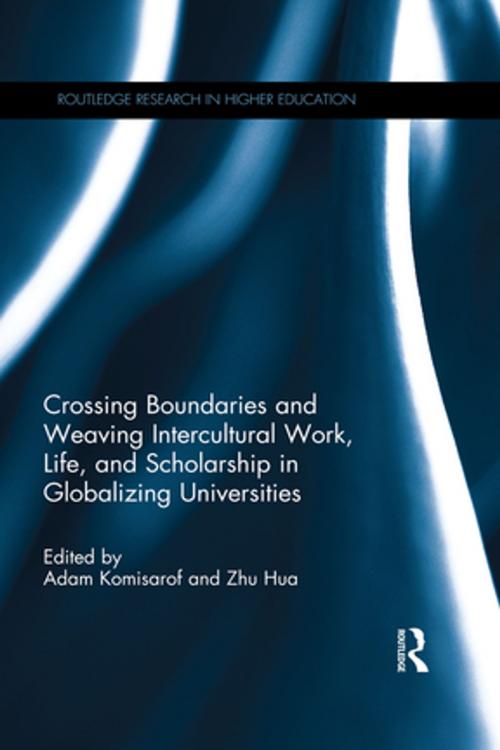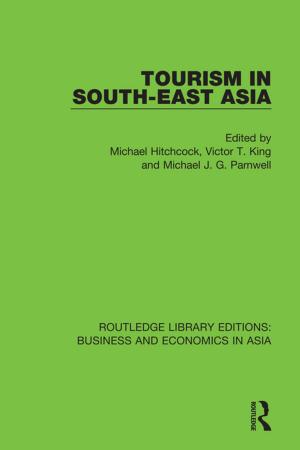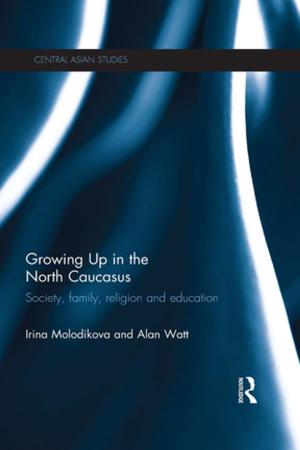Crossing Boundaries and Weaving Intercultural Work, Life, and Scholarship in Globalizing Universities
Nonfiction, Reference & Language, Education & Teaching, Educational Theory, Multicultural Education, Higher Education| Author: | ISBN: | 9781317578802 | |
| Publisher: | Taylor and Francis | Publication: | October 23, 2015 |
| Imprint: | Routledge | Language: | English |
| Author: | |
| ISBN: | 9781317578802 |
| Publisher: | Taylor and Francis |
| Publication: | October 23, 2015 |
| Imprint: | Routledge |
| Language: | English |
This book generates a fresh, complex view of the process of globalization by examining how work, scholarship, and life inform each other among intercultural scholars as they navigate their interpersonal relationships and cross boundaries physically and metaphorically. Divided into three parts, the book examines: (1) the socio-psychological process of crossing boundaries constructed around nations and work organizations; (2) the negotiation of multiple aspects of identities; and (3) the role of language in intercultural encounters, in particular, adjustment taking place at linguistic and interactional levels. The authors reflect upon and give meaning and structure to their own intercultural experiences through theoretical frameworks and concepts—many of which they themselves have proposed and developed in their own research. They also provide invaluable advice for transnational scholars and those who aspire to work and live abroad to improve organizational participation and mutual intercultural engagement when working in a globalizing workplace. Researchers and practitioners of applied linguistics, communication studies, and higher education in many regions of the world will find this book an insightful resource.
This book generates a fresh, complex view of the process of globalization by examining how work, scholarship, and life inform each other among intercultural scholars as they navigate their interpersonal relationships and cross boundaries physically and metaphorically. Divided into three parts, the book examines: (1) the socio-psychological process of crossing boundaries constructed around nations and work organizations; (2) the negotiation of multiple aspects of identities; and (3) the role of language in intercultural encounters, in particular, adjustment taking place at linguistic and interactional levels. The authors reflect upon and give meaning and structure to their own intercultural experiences through theoretical frameworks and concepts—many of which they themselves have proposed and developed in their own research. They also provide invaluable advice for transnational scholars and those who aspire to work and live abroad to improve organizational participation and mutual intercultural engagement when working in a globalizing workplace. Researchers and practitioners of applied linguistics, communication studies, and higher education in many regions of the world will find this book an insightful resource.















